Life in Britain has become much cruder, meaner and more spiteful practically everywhere. It can be seen in people’s behaviour on the street; in those abominable neighbours from hell; in companies piling up the profits with no care whatsoever for the degree to which they are sweating their workers on terms that, until quite recently, would have been unimaginable.
The incivility of one to another can be seen most sharply and poignantly in the degree of cruelty to children which, at the beginning of my working life, would have had every alarm bell ringing wildly. Children have to be almost on the point of being murdered before they are taken into care. Outside that protection, some are subjected to brutal treatment by parents who are also brutal creatures.
Being left to go to bed hungry and to take that hunger to school the next day is now par for the course for all too many children. Lack of money or knowledge can, of course, account for some of this neglect. But not all. Some parents are happy to lie in bed while their offspring get themselves up and dressed as best they can, and set off to school without breakfast. It is surprising the degree of kindness many of these children have, given that they have had so little exposure to love and civility at home.
It wasn’t always like this. For a very short period in our history, Britain was a peaceable, self-policing society. The Victorians and Edwardians made superhuman efforts to change our character. We moved from being a pretty beastly, brutal and horrible nation to one that was literally the envy of the world in the extent to which we were self-governing. Evangelical religion played a huge part in transforming the nature of our society. Trade unions, the labour movement generally, and the churches all joined in
a mission to teach Christianity’s rules for everyday life. In time, this rulebook became an affair of the heart for the nation.
The incivility I witness today is nothing new, but it is more alarming. We are returning to what we were historically like as a country.
Crimes of violence against the person reveal much about the state of any society. The facts speak loudly of the fall in such crimes from late Victorian times until the 1960s, when violence and all types of crime began to surge.
Take the constituency I represent as being typical of most. Two years ago, there were more registered violent crimes against the person in Birkenhead than there were in the entire country a century ago. And that is not a misprint. Recorded crimes may look as if they have peaked, but only from the astronomical height that they leapt to from the Sixties onwards. Many of my constituents find the lack of leadership from the police so hopeless that they have given up reporting practically anything.
Geoffrey Elton, the great historian of the Tudors, commented on the society that he could still recognise in the 1960s. It was decisive in why he and his family came to Britain after experiencing life in other European countries. England, according to Elton, had discovered the secret of the need for people in modern societies to live closely together, while also retaining their separateness.
This success was due, above all else, to the nurturing of children. We are all born with original sin, defined as seeing ourselves at the very centre of the world. Good families teach us that we are, but that all other family members see themselves at the centre, too. Safely and securely we learn the rules of the game: each of us is to be given, and to show, respect.
But Britain is fast falling out of love with the idea of being good parents. Increasingly, infant school teachers report how, over quite a short period of time, their new pupils come to school more brutish. With the failure of families, huge and increasing pressure is put on schools to play the role of civilising children and teaching them basic skills that, not so long ago, would have been taught automatically and almost universally at home.
Our first move must be to agree a new Social Highway Code. We are not allowed to go on to the road in a car that can kill and maim people without learning the Highway Code. Similarly, we need to learn the rules of society if we are not to damage people in other ways.
In a recent Hensley Henson lecture at Durham University, I mapped out the first moves to establishing this Social Highway Code. I did so based on a number of key assumptions. There are still, thankfully, large numbers of people appalled by the collapse in a sense of decency that they witness all around them. This is a bedrock upon which we can build. Other world religions are thriving in this country. Each of them, I believe, like Christianity and humanism, has as part of its drive the establishment of a good society. It is from this group of all the religions and the humanists that we could find the basis for a Social Highway Code to which society will be able to subscribe and then automatically enforce.
I called a meeting in Merseyside this week at which the Catholic Archbishop and Anglican Bishop of Liverpool, representatives of all the other Christian denominations and, crucially, the representatives of the other world religions, plus the humanists, began the task of seeing how hard or easy it might be to construct from our various beliefs the basis of that new Social Highway Code. The need is urgent.
I have been struck by the need for such rules when trying to get antisocial behaviour countered in my own constituency. What goes on there is common in other towns across the country. A clutch of pensioners once came to see me at my surgery, all looking tired. The yobs had run across their bungalow roofs, banged on their windows at night, urinated through their letterboxes and jumped out at them in the dark. When I asked them whether they had been to the police, they looked at me in that sad, resigned way as if to suggest that I needed to get up to speed on what was happening in everyday British life.
The question we started to answer this week is: what do all the world’s religions and the humanists teach us about the nature of the good life? And what are the rules that we need to take from them to build this new Social Highway Code for modern Britain?
Got something to add? Join the discussion and comment below.
Get 10 issues for just $10
Subscribe to The Spectator Australia today for the next 10 magazine issues, plus full online access, for just $10.

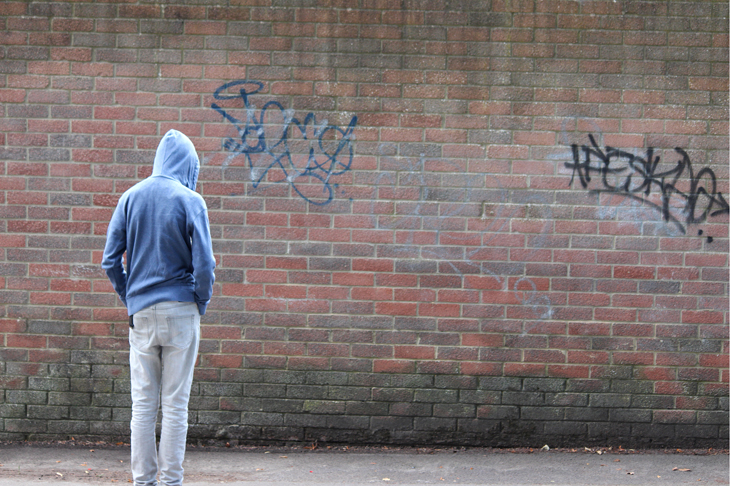
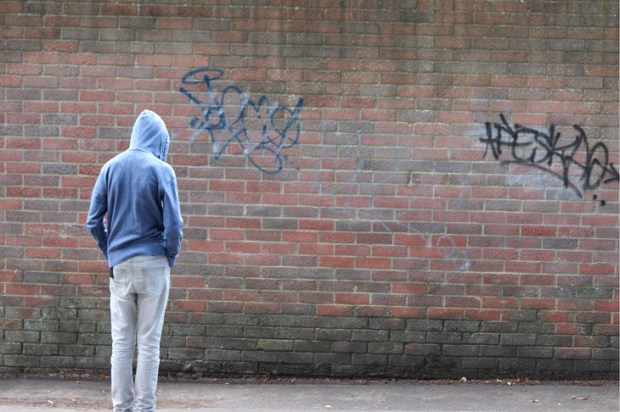
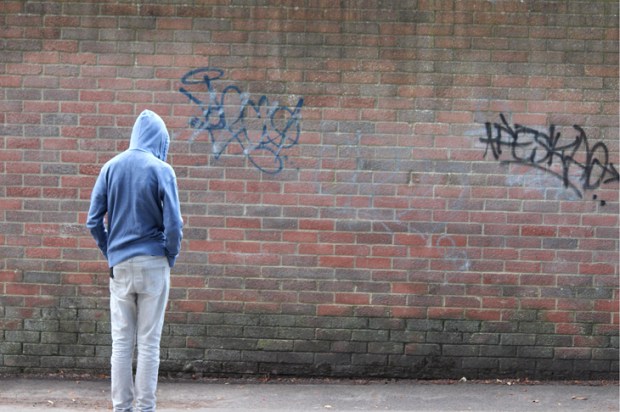
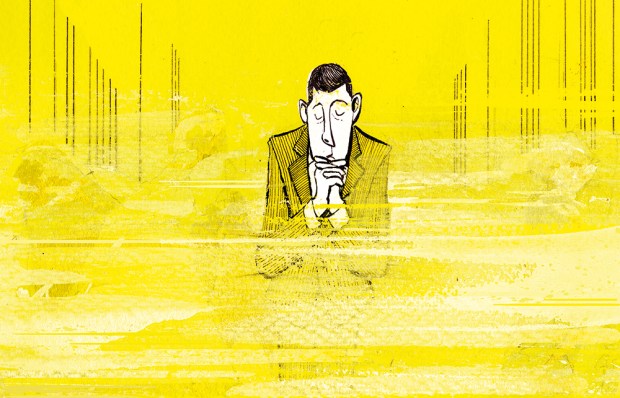
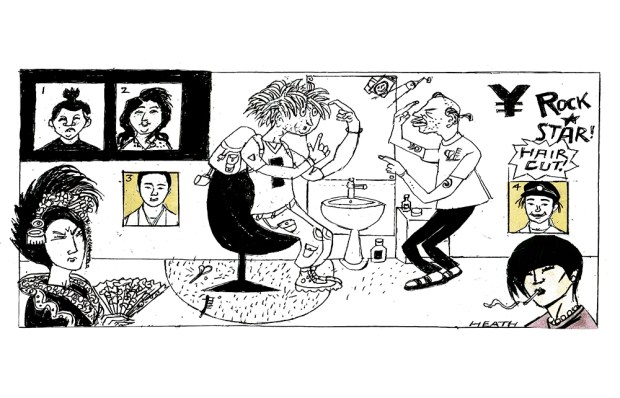
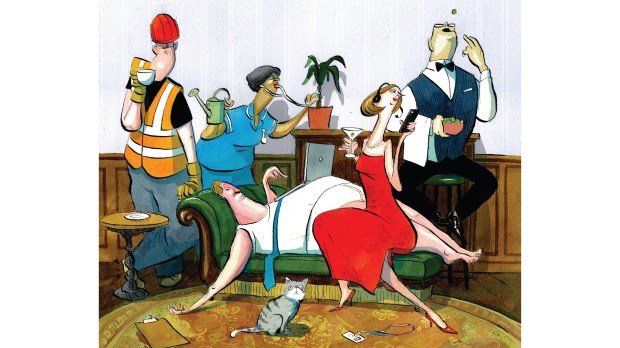
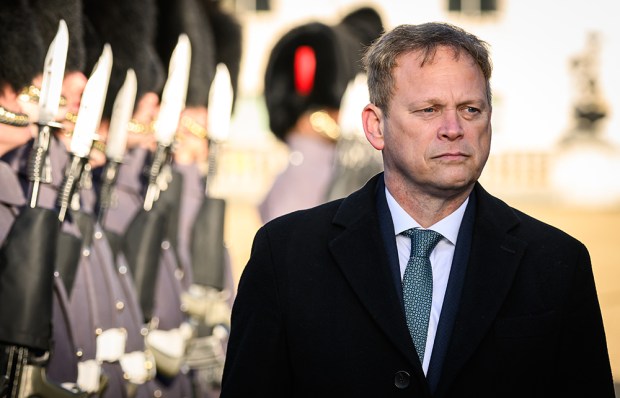






Comments
Don't miss out
Join the conversation with other Spectator Australia readers. Subscribe to leave a comment.
SUBSCRIBEAlready a subscriber? Log in